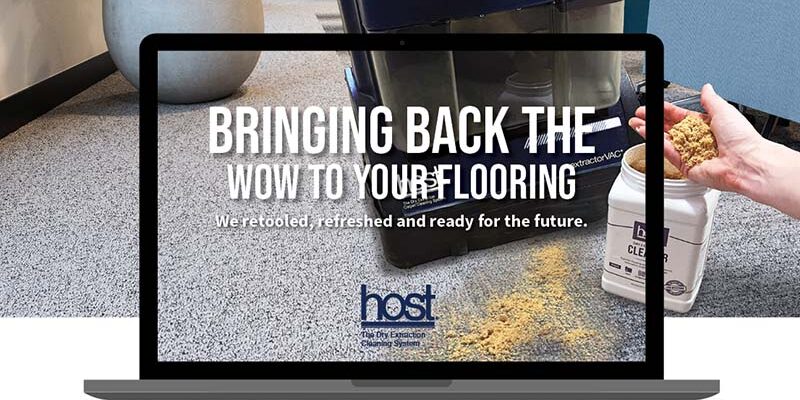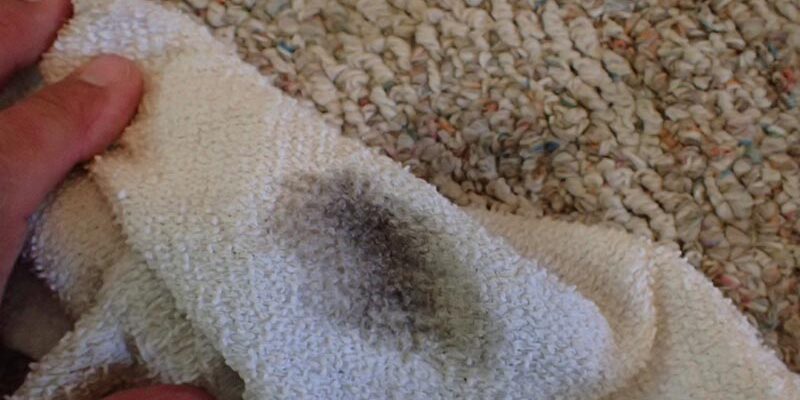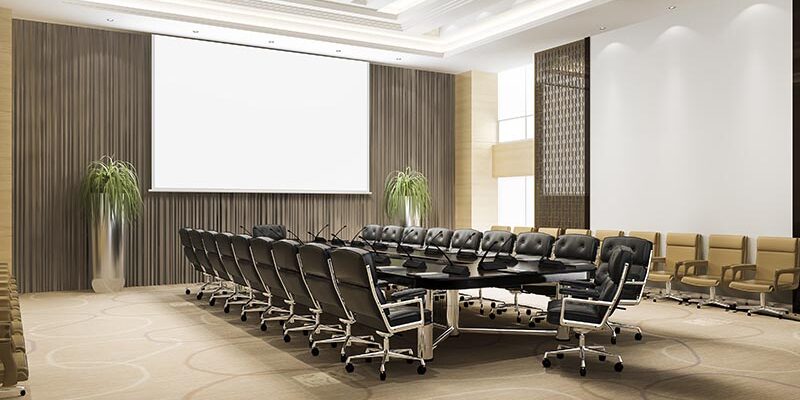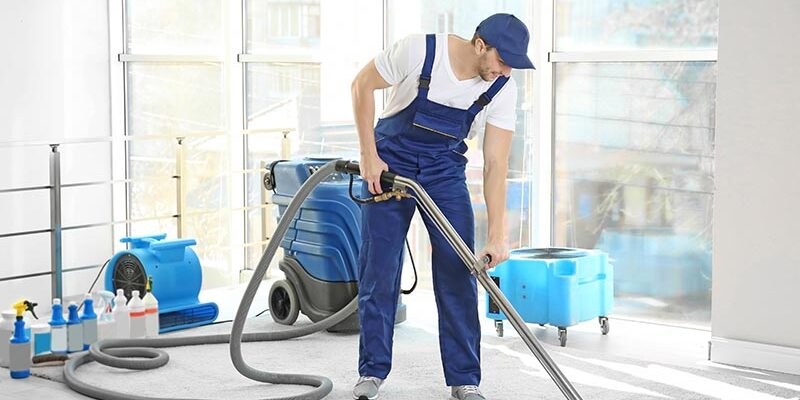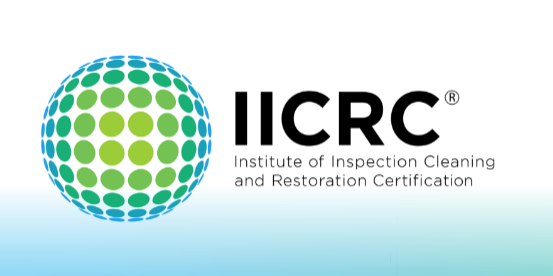Commercial Carpet Warranties and Rotary Cleaning: Commercial Cash Flow, May 2016

All commercial carpet — at least from reputable mills — includes a warranty of some type. Commercial carpet cleaners must be aware of the details of these carpet warranties and understand how warranty claims are handled.
Warranty provisions should influence carpet cleaning method decisions. Frequently, certain cleaning methods — such as those that use absorbent pads or rotary machines — have been put in the firing line due to considerations of carpet warranties. However, uncovering the details on warranty coverage issues is not a simple process.
To research this issue, I began by sending an email inquiry to appropriate personnel at major mills. The following is a paraphrase of what I sent:
Just about every carpet mill, yours included, does not recommend the bonnet system. Some go as far to say the warranty will be voided if a rotary style system is used. Here is the concern. Carpet warranties are being followed by just a few carpet cleaners, but the vast majority of carpet cleaners and janitorial companies (this is commercial) use rotary style machines with bonnets and pads. Is there any enforcement of the warranty in regards to using such equipment or methods of cleaning?
I also asked this question:
Have any mills denied claims on carpet warranties because a bonnet or rotary machine was used?
Almost all responded by email and quoted existing verbiage from their carpet warranties. A few picked up the telephone to answer these questions.
What the mills say
Obviously, the first step a mill will take when asked about cleaning methods is to direct carpet cleaners to specifications in their specific carpet warranties.
This information is frequently found on the websites of carpet mills, but it can also be obtained by contacting the manufacturer. As a precaution for you, the professional cleaner, it is important to investigate commercial carpet warranties before deciding on a specific cleaning method.
Here is some information (both direct quotes and paraphrases made by the author) obtained from a selection of major carpet mills’ warranties in regards to their recommendations and precautions.
Beaulieu
Agitation of the floor covering (after application of cleaning product) is accomplished using a machine that powers dual cylindrical brushes that will lift the carpet as brushes turn. Beaulieu Commercial does not recommend the use of any type of “bonnet” or rotary shampoo cleaning method for the BOLYU, Cambridge or Aqua carpet brands. Use of the “bonnet” method may void all warranties.
Shaw
“Bonnet” system: It is at best a temporary appearance enhancement because it only absorbs at the surface and does no real extraction of deep soil. Shaw does not advocate this system. It has limited capability for soil removal and often leaves most of the detergent in the pile. The spinning bonnet may distort the pile of cut carpet and leave distinct swirl marks. Shaw’s experience has been that more customers’ soiling complaints result from this system than all other causes combined. The bonnet system may damage the edges of some carpet tiles.
Tandus
Rotary Prohibition Statement: To all valued Tandus customers, professional cleaners and all concerned: Please be advised that Tandus does emphatically prohibit the use of all rotary devices or machines for the purpose of carpet cleaning, physical agitation and/or speed drying. All rotary devices, including but not limited to, bonnet machines and Cimex triple head machines, will void the manufacturer’s warranty. They are considered improper and non-approved and shall not be utilized on any Tandus product.
Interface
Use of a bonnet or any other type of rotary machine for cleaning or drying is not recommended and may void all warranties.
Mohawk
Mohawk Group does not recommend the use of a spin bonnet as it can damage the fibers in your carpet.
J&J
Spin bonnet voids warranty.
Milliken
The wording is not as direct, but it does say in its warranty that using cleaning products and systems or approved cleaning contractors that aren’t recommended by the mill may void the warranty.
What the mills want
Every carpet mill approached provided feedback on the issue of carpet cleaning methods and warranty issues. All mills had one principal objective for their carpet maintenance guides and bonnet/rotary statements. They want their customers happy and their carpet to perform and look better over a longer period of time. To a point, they all agreed in spirit and word with Shaw’s statement that “experience has been that more customer soiling complaints result from this [bonnet cleaning] system than all other causes combined.”
As carpet cleaners, we cannot ignore their concerns. The mills are inspecting under-performing carpet every day. Some of the blame is directed at cleaning methods. The result is a direct cost to the mills, which means they are motivated to take a stand in regards to maintenance procedures.
Your dilemma as a carpet cleaner is that when a mill inspects a dirty carpet or receives a complaint about its product, the carpet cleaning method will be put under scrutiny. If the mill hears the word “bonnet” or “rotary,” the cleaner is then on the hook because, as you can see from some of the warranty verbiage mentioned previously, the mills almost universally warn against using this type of cleaning method or the tools associated with it.
What could happen? You, the cleaner, could be responsible for a very deep restorative cleaning, assuming that it solves the problem. This might not sound like a big deal until you are looking at 250,000 square feet of carpet cleaning and receiving absolutely no money for doing it.
Even worse, you could be blamed for permanent damage and deemed responsible for replacing the carpet.
A ‘legal firewall’
In speaking with Bill Yeadon, an IICRC-approved instructor, graduate of Shaw’s Masters in Technology course and past guest instructor for the Floor Covering Training Schools, it seems these issues occur every day.
He walked me through specific scenarios involving warranty issues where the carpet cleaner was caught in the middle.
In one example, he was sent by a mill to inspect a large carpet installation. There were appearance issues. The carpet had been incorrectly cleaned, according to the warranty, with the bonnet system. However, the customer had agreed to the rotary style cleaning.
In this case, the mill did not pursue the matter and indicated it would remedy the situation. This meant the cleaner was not liable for damages. However, this is not to be expected in every case. More often than not, the cleaner is blamed. Specific warranty wording works against the cleaning company.
Yeadon said this is a “legal firewall” the mills set up to defend themselves.
He is actually closer to hitting the nail on the head than he knows. Several of the mills in their responses back said they will not and cannot void the warranty. They can, however, deny a specific claim on the warranty because of neglect, poor maintenance or a bonnet or rotary machine being used.
Shaw, in a statement that helps clarify this, said: “Shaw does not void warranties for this [i.e., nonrecommended carpet cleaning methods]. However, our warranties do not cover damage for a customer’s failure to follow our maintenance/ care instructions. So, if a customer damages their carpet for using such a system, we will not cover that damage under warranty, but if they have some other issue unrelated to the damage covered by the warranty, the warranty would still be valid.”
Protect yourself from commercial carpet warranties
What’s the bottom line? Keep the carpet looking good, and you should not have any problems. But before cleaning, research the warranty, use the cleaning methods recommended, inform the client of what you are doing, document everything, and if a warranty issue comes up, you are better protected from liability.
It is always best to follow the recommendation of the mills. If you are not having problems, stop relying on luck. Your luck could easily change.
I have my own story of how a mill — rightfully — made my company reclean a carpet because an employee used a rotary machine. If you have your own story of dealing with a mill concerning a cleaning method it did not approve of, feel free to email me at [email protected].
Fred Geyen is president of the Geyen Group (www.GeyenGroup.com). His background includes commercial product sales and program development for residential, commercial and disaster restoration with ServiceMaster. He has a Leadership in Energy and Environmental Design Accredited Professional (LEED-AP) designation and is on the board of directors with the LMCCA. Geyen can be contacted at (612) 799-5111.



